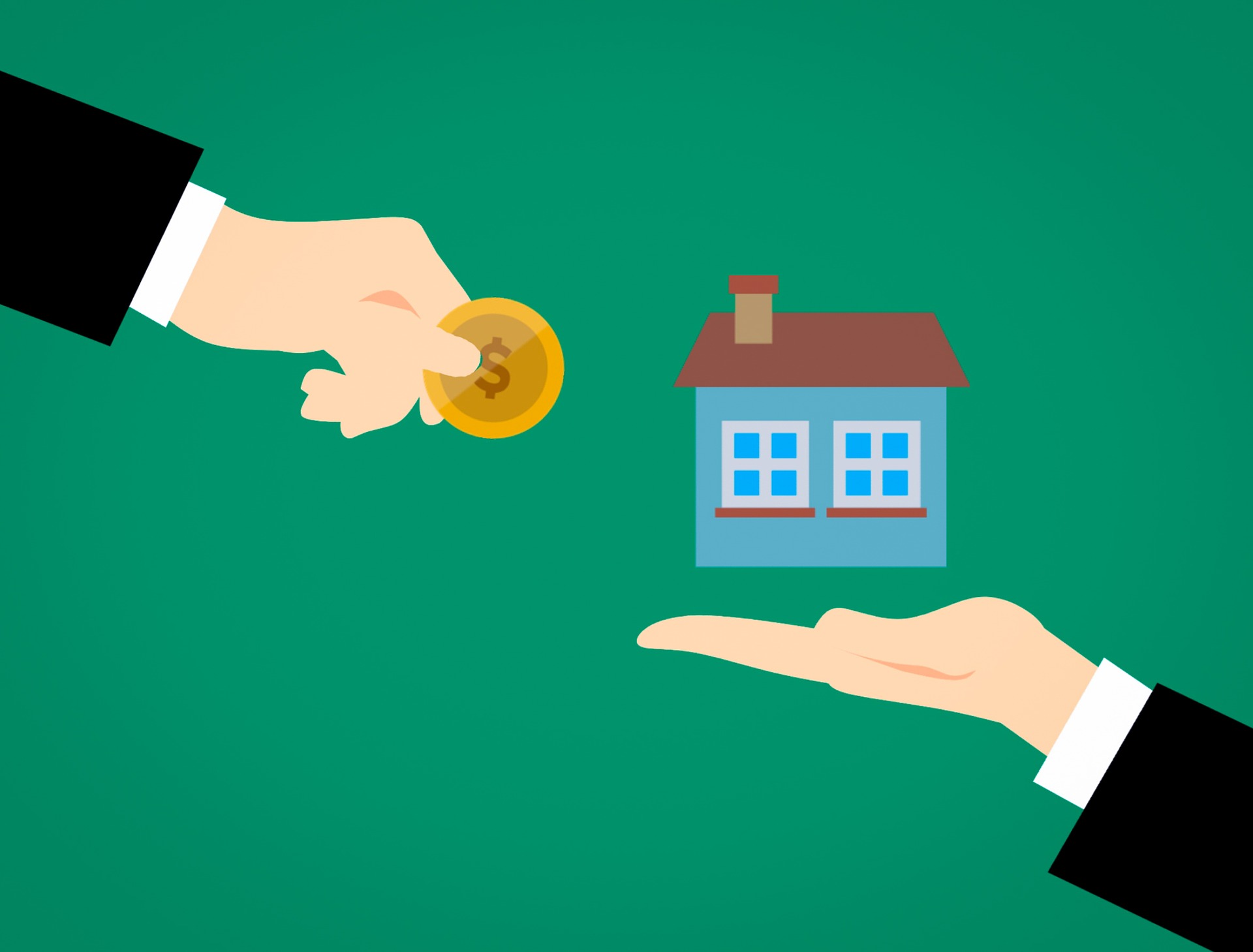Unlock Your Property's Worth: Why Home Valuation Matters
Understanding your home's value is more than just satisfying curiosity—it's a fundamental aspect of homeownership that impacts numerous financial decisions. Whether you're planning to sell, refinance, or simply want to track your investment, knowing your property's worth provides essential insights into your financial position. A home valuation gives you the power to make informed choices, negotiate effectively, and potentially increase your home's market appeal through strategic improvements.

Why Home Valuation Matters
Home valuation serves as the foundation for various important financial decisions. For sellers, an accurate valuation helps set a competitive yet profitable listing price, preventing the twin pitfalls of overpricing (which can lead to stagnation on the market) and underpricing (which leaves money on the table). For homeowners not currently selling, regular valuations track equity growth, which can inform refinancing opportunities, home equity loans, or insurance coverage adjustments.
Additionally, understanding your home’s value provides leverage when appealing property tax assessments if you believe your home has been overvalued by local authorities. With property often representing the largest single investment in most people’s portfolios, maintaining awareness of its current worth is simply good financial stewardship.
Key Factors That Influence Your Home’s Market Value
Several elements work together to determine what your property is truly worth in today’s market. Location remains the single most influential factor—properties in desirable neighborhoods with good schools, low crime rates, and convenient amenities command premium prices regardless of other considerations.
Your home’s physical characteristics play a significant role as well. Square footage, number of bedrooms and bathrooms, lot size, and age all factor into the valuation equation. The property’s condition matters tremendously—well-maintained homes with updated systems (electrical, plumbing, HVAC) and modern fixtures generally receive higher valuations than properties with deferred maintenance issues.
Recent renovations and improvements can significantly boost value, though not all upgrades deliver equal returns on investment. Kitchen and bathroom remodels typically yield the highest ROI, while specialty additions like swimming pools may not fully recover costs in many markets.
Local Market Influence: How It Shapes Property Values
Real estate is fundamentally local, and market conditions in your specific area can dramatically impact property values independent of your home’s physical attributes. Supply and demand dynamics within your community create the market environment that either elevates or suppresses prices.
Low inventory combined with high buyer demand creates a seller’s market, pushing values upward as buyers compete for limited housing options. Conversely, when inventory outpaces demand, buyers gain negotiating power and prices may stagnate or decline. Economic factors like local employment rates, major business openings or closures, and infrastructure development projects directly influence these supply-demand relationships.
Seasonal variations also affect market values, with spring and early summer typically representing peak selling seasons in most regions. Understanding these cyclical patterns can help homeowners time valuation requests to align with favorable market conditions.
Find Your Home’s Value Online with Easy Digital Tools
Technology has democratized the home valuation process, giving homeowners access to estimation tools previously available only to real estate professionals. Online valuation tools—often called automated valuation models (AVMs)—use algorithmic approaches to analyze public records, recent sales data, and property characteristics to generate value estimates.
Popular platforms like Zillow (Zestimate), Redfin, and Realtor.com offer free valuation tools that provide instant estimates based on available data. These tools examine comparable properties (“comps”) that have recently sold in your area, adjusting for differences in features, size, and condition.
While convenient and accessible, online valuations should be viewed as starting points rather than definitive assessments. Their accuracy varies widely depending on data availability in your market and the uniqueness of your property. Unusual features, recent renovations, or limited comparable sales can reduce their reliability.
Get a Personalized Home Valuation for Accurate Insights
For precision and confidence in your home’s valuation, personalized assessments provide significant advantages over automated estimates. A Comparative Market Analysis (CMA) performed by a local real estate agent offers property-specific insights based on intimate market knowledge and firsthand property inspection.
Professional appraisals represent the gold standard in home valuation, particularly for financing purposes. Licensed appraisers conduct thorough evaluations considering property condition, improvements, comparable sales, and current market trends. While these typically cost $300-700 depending on location and property complexity, they provide the most authoritative valuation for legal and financial purposes.
Prices, rates, or cost estimates mentioned in this article are based on the latest available information but may change over time. Independent research is advised before making financial decisions.
Beyond professional services, homeowners can enhance valuation accuracy by maintaining detailed records of improvements, gathering neighborhood sales data, and researching local development plans that might impact future property values. Understanding both the art and science of valuation empowers you to reconcile different estimates and arrive at a realistic understanding of your home’s worth.
Making the Most of Your Home Valuation
Once you’ve obtained a reliable valuation, the information becomes a powerful tool for financial planning and property management. If the assessment reveals equity growth, you might consider strategic options like refinancing to lower monthly payments, consolidating high-interest debt through a home equity loan, or funding major improvements that further enhance value.
Valuations that come in lower than expected provide equally valuable insights, highlighting opportunities for targeted improvements that might deliver the greatest return on investment. Simple upgrades like fresh paint, improved curb appeal, or minor kitchen refreshes often yield disproportionate value increases relative to their cost.
Remember that valuation is not a one-time exercise but rather an ongoing process worth revisiting annually or whenever significant market shifts occur. By staying informed about your home’s worth, you maintain control over one of your most valuable assets and position yourself to maximize its financial benefits throughout your ownership journey.



